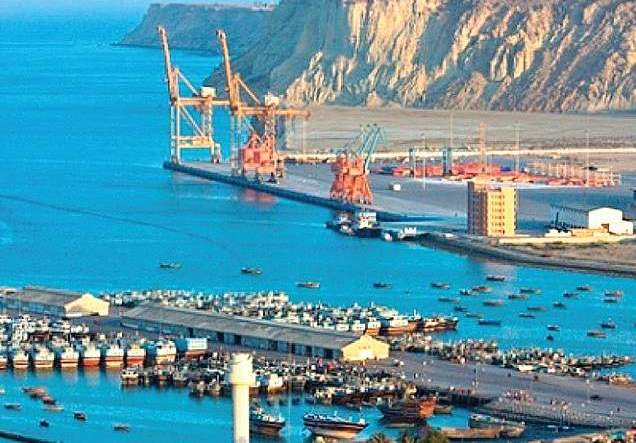The Public Accounts Committee (PAC) of the Balochistan Assembly has uncovered financial irregularities exceeding Rs5.9 billion during a review of audit reports related to the Public Health Engineering (PHE) Department and major infrastructure projects, according to a news report.
Presiding over the PAC meeting, Chairman Asghar Ali Tareen highlighted unaccounted expenditures, violations of procurement laws, and delays in large-scale projects. The session included committee members, senior audit officials, and invited guests, including opposition leaders.
A special audit report presented by the Director General of Audit covered the period from 2018 to 2021 for the PHE department in Gwadar. It revealed that while expenses surpassed Rs5.9 billion, large sums remained unrecorded in official accounts, raising serious transparency concerns.
The audit also noted the absence of income tax deductions on payments totaling nearly Rs240 million and violations of procurement regulations, with work worth approximately Rs4.9 billion awarded without tendering. Irregularities worth over Rs380 million were identified in water supply schemes implemented during drought conditions.
Additional discrepancies were found in fuel, oil, lubricants, and repair material procurements. The executive engineer in Gwadar was reported to have made multi-crore purchases without proper documentation, leading the committee to classify these expenditures as suspicious.
Committee members demanded inquiries into the conduct of responsible officials for failing to produce complete records. Chairman Tareen emphasized safeguarding public funds as a top priority and warned that anyone found misusing resources would face strict action after due process.
Criticism was also directed at the Gwadar water project, with one member arguing that billions spent could have ensured water supply via ship from Singapore if funds were properly utilised.
The committee reviewed the audit of the Mangi Dam project, originally expected to be completed in June 2022 but delayed, with costs escalating from Rs7 billion to over Rs18 billion. The report cited consultant inefficiency, poor planning, and repeated revisions as key factors behind the overruns and delays.
The department had yet to submit progress reports, prompting sharp criticism from the PAC. Chairman PAC described the situation as institutional failure, underscoring that despite the project’s scale, the public still lacks access to clean drinking water. He announced plans for an on-site assessment with committee members.




